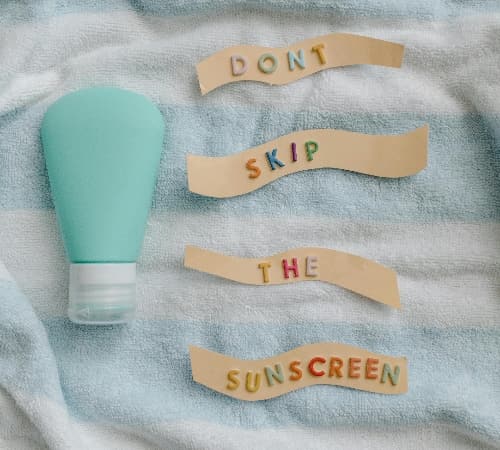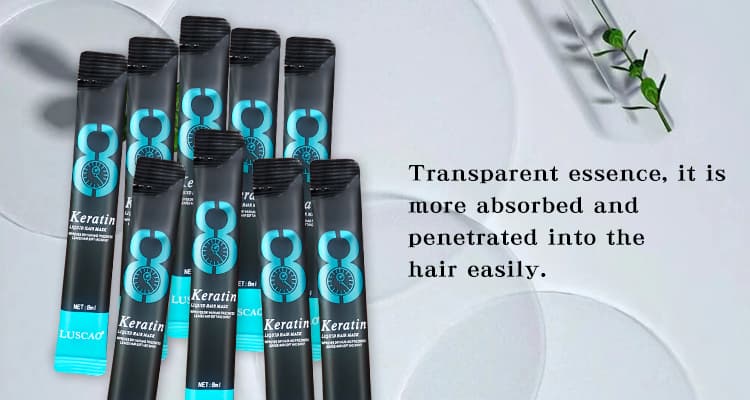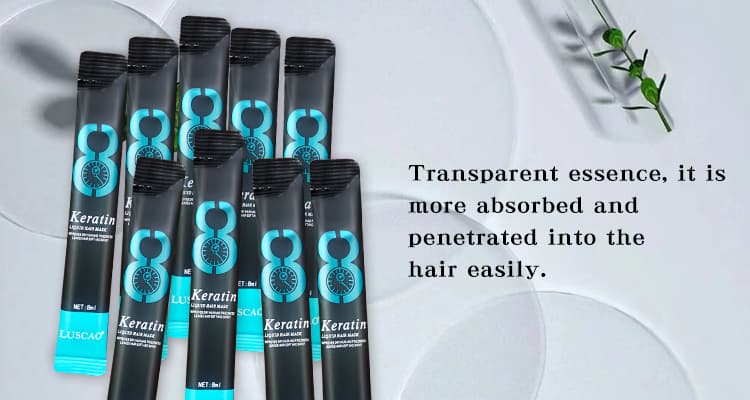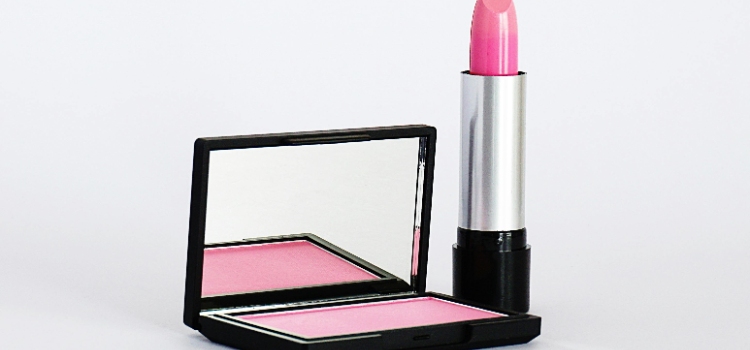The Best Sunscreen Guide: SPF Facts, Skin Type Tips & How to Apply Correctly

☀️ Question 1: What exactly is sunscreen, and why is it important?
Sunscreen is a topical skincare product designed to protect your skin from harmful ultraviolet (UV) rays, specifically UVA and UVB. These rays contribute to premature skin aging, sunburns, and increase your risk of skin cancer. Sunscreen acts as either a physical barrier or a chemical shield, depending on the ingredients.
Without proper sun protection, your daily skincare routine—no matter how advanced—won't be effective in the long run. Sunscreen is your skin’s first line of defense.
☀️ Question 2: What does it mean for SPF and how high should it be?
SPF—or Sun Protection Factor—indicates how long a sunscreen will protect you from UVB rays, which are responsible for sunburn. For example, SPF 30 means it would take roughly 30 times longer for your skin to burn than if you weren’t wearing protection.
We recommend at least SPF 30 for daily use, and SPF 50+ if you're spending prolonged time outdoors or near reflective surfaces like water or snow.
☀️ Question 3: Physical vs. Chemical Sunscreen: What's the difference?
- Physical (aka mineral) sunscreen uses ingredients like zinc oxide and titanium dioxide to block and scatter UV rays on the skin’s surface. It's ideal for sensitive skin.
- Chemical sunscreen uses ingredients like avobenzone and octocrylene, which absorb UV rays and convert them into heat.
Both can be effective—what matters most is that it's labeled “broad spectrum,” meaning it protects against both UVA and UVB rays.
☀️ Question 4: How much sunscreen should we use?
Most adults need about one ounce (a shot glass amount) to fully cover their body. For your face alone, use a quarter-sized amount. Reapply every two hours, or after swimming or sweating.
Tip: Don’t forget the ears, neck, and hands—often overlooked, but just as vulnerable.
☀️ Question 5: What’s the best sunscreen for oily or acne-prone skin?
Look for non-comedogenic and oil-free formulas labeled “matte finish” or “dry touch.” Mineral sunscreens with zinc oxide are also great for acne-prone skin because they soothe inflammation and don’t clog pores.
Top picks:
- Gel-based sunscreens
- Water-based SPF with niacinamide
- Lightweight mineral SPF 50 for daily use
☀️ Question 6: What ingredients should I avoid if I have sensitive skin?
Avoid:
- Fragrance
- Alcohol
- Oxybenzone (can irritate)
- Parabens
Look for labels that say “hypoallergenic,” “for sensitive skin,” and “fragrance-free.” Zinc oxide sunscreens are generally the safest bet.
☀️ Question 7: Can I wear sunscreen under makeup?
Absolutely. You should. Choose a lightweight, fast-absorbing sunscreen as your final skincare step before foundation. Some modern SPFs double as primers, smoothing the skin surface and improving makeup wear.
Pro tip: Don’t rely solely on SPF-infused foundation. Layering true sunscreen underneath is key.
☀️ Question 8: Do I need sunscreen indoors or on cloudy days?
Yes and yes. UVA rays—which penetrate windows—are still active indoors, contributing to DNA damage and hyperpigmentation. Similarly, up to 80% of UV rays can pass through clouds. Daily sunscreen is non-negotiable.
☀️ Question 9: How do I choose the best sunscreen?
Look for:
- SPF 30 or higher
- Broad-spectrum protection
- Non-comedogenic or hypoallergenic as per your skin type
- Additional skincare benefits (like antioxidants or hydration)
Bonus: Choose water-resistant formulas if you're active or outdoors frequently.
☀️ Question 10: Is there a difference between facial and body sunscreen?
Yes. Facial sunscreens often contain more refined ingredients to prevent clogged pores and work well with makeup. Body sunscreens are usually thicker and more emollient. Avoid using body sunscreens on your face if you're acne-prone or have sensitive skin.
 Keratin Liquid: Real Hair Fix. Nothing Fluffy.
Keratin Liquid: Real Hair Fix. Nothing Fluffy.
 Keratin Liquid: The Secret to Smooth, Strong Hair
Keratin Liquid: The Secret to Smooth, Strong Hair
 Would You Like to Know Why Most Lip Care Products Don’t Work?
Would You Like to Know Why Most Lip Care Products Don’t Work?
 What’s Really Inside Your Body Care Products? How to Choose Smarter in the U.S. Market
What’s Really Inside Your Body Care Products? How to Choose Smarter in the U.S. Market
